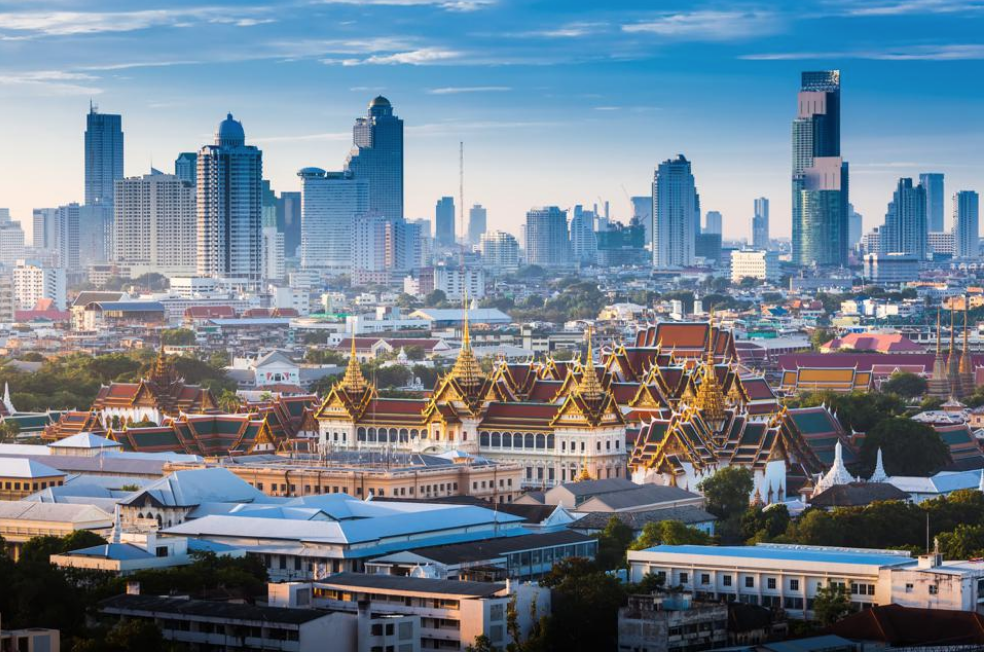
The economic chasm between the wealthy and the rest of us is sadly quite pronounced in the U.S. and various other countries — and of course reflected in some literature.
Reading such fare can raise our blood pressure but be quite revealing of how the rich get rich (often by inheriting a fortune and/or exploiting workers) and stay rich (often by “buying” political clout and paying less than their fair share of taxes). Meanwhile, the non-affluent see their wages rise slower than inflation (if they rise at all), face many barriers to forming unions, etc.
Sometimes fiction has ruthless wealthy characters and corporations deservedly get their comeuppance — a wish-fulfillment scenario that happens more in books than in real life. In those cases, authors are thankfully the ones “rigging the game.” 🙂 But there is not always a happy ending.
I just finished John Grisham’s The Appeal, and I’ve seldom read a novel that more strongly depicts the obscene economic gap between the haves and have-nots. Grisham’s book might be a bit heavy-handed at times, but readers can’t help but fume as a huge chemical company deliberately dumps tons of toxic waste (to save money on disposal) that pollutes a small Mississippi town’s water supply to the point where dozens of low-income people die of cancer. One resident who lost her husband and young child manages to win a $41-million verdict against the company with the help of an admirable local mom-and-pop law firm that goes broke fighting the case.
The company appeals, of course, and its merciless billionaire owner secretly pays millions to a shady firm that will try to elect a right-wing, corporate-friendly judge who would be the potential deciding vote overturning the verdict. That plucked-from-obscurity candidate is supported by a blitzkrieg, vicious, lie-filled ad campaign painting his incumbent-judge opponent as an ultra-liberal despite her being a moderate. Meanwhile, the loathsome chemical exec enjoys a jet-set lifestyle that even includes spending $18 million on a piece of art.
While economic inequality is rampant in the 21st century, it’s certainly not a new phenomenon. John Steinbeck’s The Grapes of Wrath really makes us feel the 1930s version via the Joad family — who were sharecroppers on Oklahoma land they used to own before being forced to go to California, where they are again victimized by agribusiness and other wealthy forces.
Also taking place in the 20th century, Arundhati Roy’s India-set The God of Small Things features an affluent family and an impoverished “Untouchable” as major characters. Meanwhile, socialist forces are at work trying to make income distribution a little more fair. The police, almost always more deferential to the rich than the poor, take the “Untouchable” into custody and…
There’s also quite a financial contrast in Richard Wright’s Native Son, in which the low-income Black protagonist is offered a job as a chauffeur for a white millionaire. Disaster ensues.
Going further back, into the 19th century, we have rich mine ownership and underpaid/overworked miners in Emile Zola’s Germinal. A strike happens, and…
Or how about Charles Dickens’ Oliver Twist? It stars an abused orphan near/in a city (London) where some are very wealthy, and many of us know the famous “please, sir, I want some more” line uttered by the hungry boy when he wants more food. (Oliver doesn’t get it.) When there’s so much poverty, some turn to crime — and Dickens’ book certainly has its share of colorful lawbreakers.
I’ve cited just a few examples. Any novels you’d like to mention in which the income gap is pretty pronounced?
My literary-trivia book is described and can be purchased here: Fascinating Facts About Famous Fiction Authors and the Greatest Novels of All Time.
In addition to this weekly blog, I write the 2003-started/award-winning “Montclairvoyant” topical-humor column for Baristanet.com every Thursday. The latest piece — about a very delayed bridge, a local Starbucks union action, and Thanksgiving — is here.


